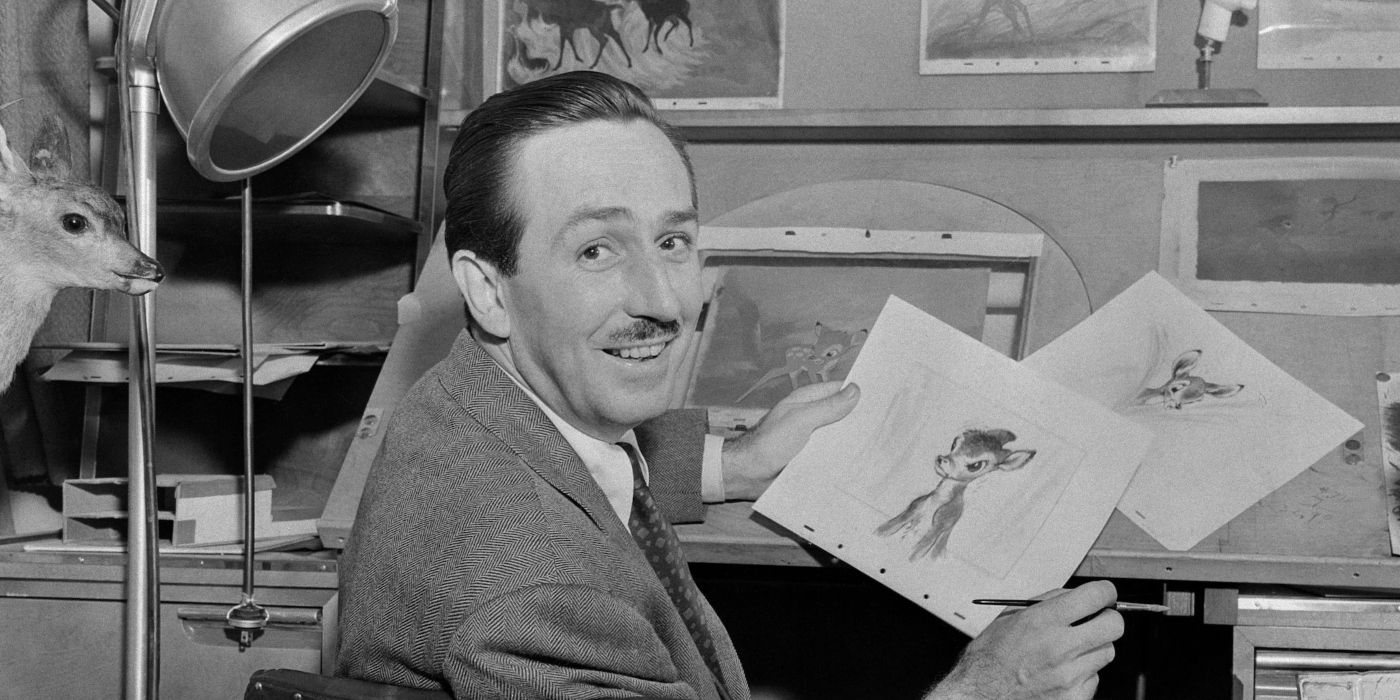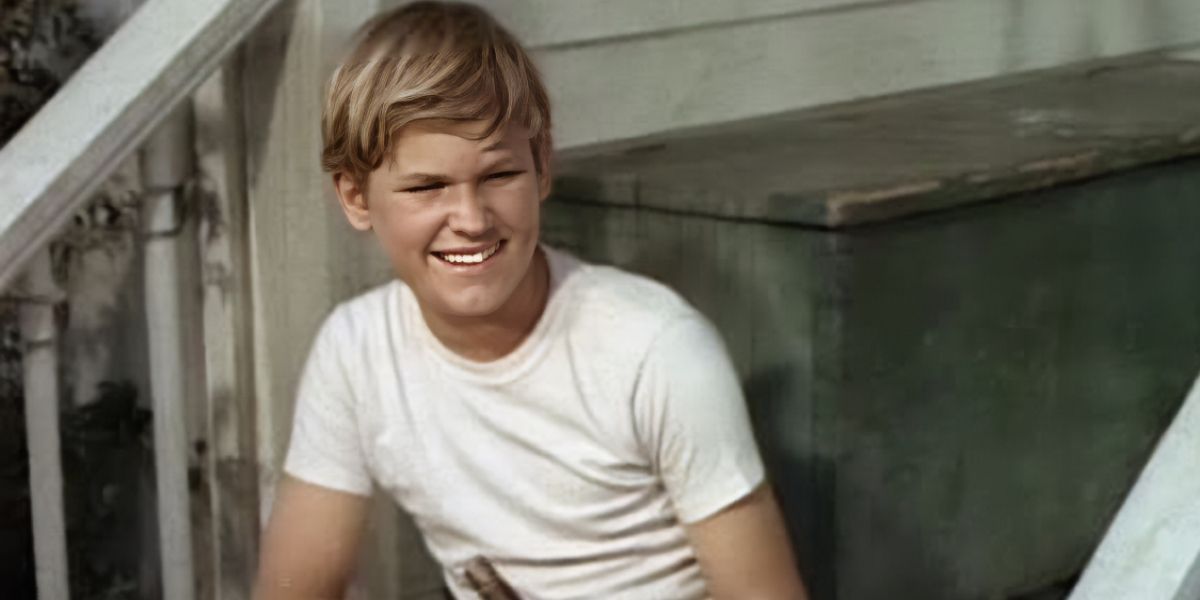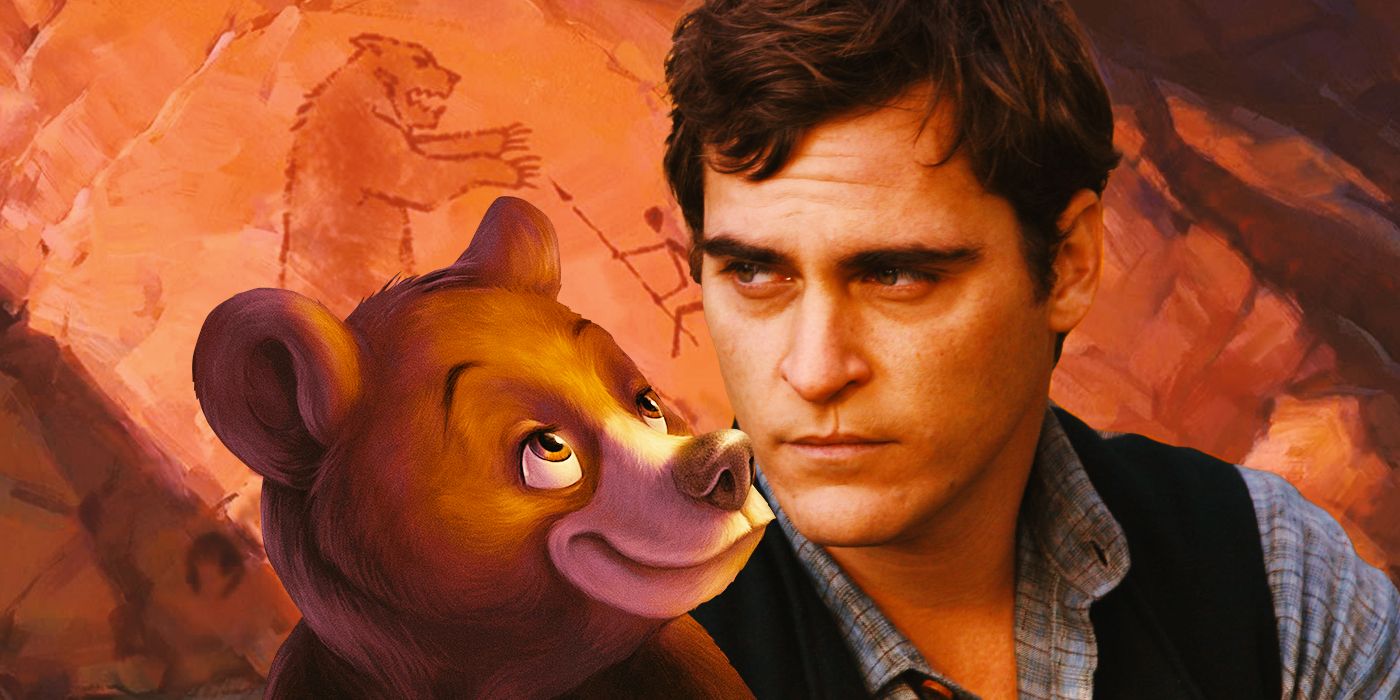
Walt Disney’s Death: Kurt Russell and the Final Words Explained
Disney has always understood the immense allure of a captivating legend. Since its inception, the entertainment giant has delighted audiences with numerous adaptations of beloved fairy tales, iconic mythological heroes, and even grand epic poems. This creative legacy has resulted in some of Hollywood’s most cherished films. However, alongside the cinematic magic, many intriguing urban legends have emerged related to Disney parks and its classic films. Among these tales, the most compelling revolve around the death of the company’s visionary founder, Walt Disney, whose influence continues to resonate.
Following Walt Disney’s passing at age 65 on December 15, 1966, after a courageous battle with lung cancer, a multitude of rumors and speculations took root. Fans were in disbelief that the mind behind one of the most successful media enterprises could be gone so suddenly. One of the most popular theories suggested that Disney’s body had been cryogenically frozen in hopes of future revival. Yet, perhaps the most intriguing narrative concerning his death involves a connection to the legendary actor Kurt Russell. The story suggests that Disney’s final words were somehow linked to the Hollywood star, leading many to wonder, what did Walt Disney say about Kurt Russell?
Walt Disney’s Last Note Mentioned Kurt Russell: Unraveling the Mystery
As 1966 progressed, Walt Disney’s health took a dramatic turn for the worse. Employees noted his voice had become increasingly raspy during this time, coinciding with his numerous hospital visits to address a tumor discovered in his left lung. Yet, even amid his declining health, Disney remained deeply involved in the planning of upcoming film projects and the ambitious development of Disney World in Orlando. Remarkably, Disney’s last written work before his final hospitalization was a list of names scrawled in his signature red grease pen at the bottom of a production page. Among those names, surprisingly, was none other than the future star of John Carpenter’s The Thing, Kurt Russell.
This captivating tale becomes even more compelling due to its dramatic flair. The notion that a Hollywood legend would mention another in his final moments feels reminiscent of a classic Disney movie’s heartwarming conclusion. However, the truth surrounding this last-minute note is more complex than it first appears. The details of this note—acknowledged as genuine and included in a recreation of Disney’s office at Disney World starting in 2001—vary significantly with each retelling. Interestingly, the note even contains a misspelling, with Russell’s name mistakenly written as “Kirt,” adding a humbling touch to this popular Disney legend.
In a revealing interview with the Huffington Post, Kurt Russell shared insights about this unusual story:
“They pulled me into the office a couple of years after he died, and this woman — who I don’t believe it was his secretary, but it might’ve been, I don’t know — pointed to [something he wrote] and she said, ‘Do you know what that’s about?’ And I said, ‘No, I don’t.’ [She said], ‘Because he wrote something after it. But then he went back up and he wrote your name. That was the last thing he wrote.’ And I said, ‘Oh gee. I don’t know what it’s connected to.’”
Kurt Russell has consistently expressed his belief in the significance of this legend. Disney archivist Dave Smith has also stated that he was the first to show Russell the note in 1970. Russell describes a different experience in which he was shown the note by a woman who may have been Disney’s secretary, who claimed that after compiling an initial list, Disney had gone back to add Russell’s name. Despite the variations in accounts, this late addition highlights a special connection and deep personal history shared between Disney and Russell.
Walt Disney’s Enduring Admiration for Kurt Russell from Their First Encounter
Considering Kurt Russell’s extensive career, which includes a substantial number of Westerns and noteworthy collaborations with Quentin Tarantino in films like The Hateful Eight and Death Proof, it’s remarkable to reflect on his humble beginnings in the film industry. Throughout the years, Russell’s rugged charm has illuminated family-friendly movies such as Sky High, as well as darker roles in iconic ’80s action flicks and intense ’90s thrillers. Every successful career has to start somewhere, and for Russell, meeting Disney at just 13 years old marked a pivotal moment. However, it was his performance in Disney’s 1966 film, Follow Me, Boys!, that left a lasting impression on Walt Disney, leading him to sign Russell to an impressive 10-year contract while the young actor was still a teenager. This relationship blossomed into a profound mentorship, proving to be invaluable in Russell’s burgeoning career.
Beyond merely mentoring Russell in navigating the complexities of 1960s Hollywood, Disney and Russell forged a genuine friendship. Russell fondly recalls how they often engaged in lively Ping-Pong games during lunch, with Disney utilizing these moments to gain insights into a child’s perspective. Additionally, Disney generously offered Russell exclusive access to studio projects, allowing him to preview upcoming films and witness the artistic process firsthand. Tragically, Russell later discovered that his partnership with Disney was cut short by the animator’s untimely death while he was shooting an early Western for the Disney studio. Nonetheless, Disney’s unwavering support and advocacy for Russell’s success were evident at a young age.
The significance of Disney’s mentorship cannot be overstated, as the contract he negotiated for Russell provided the young star with a continuous stream of high-profile opportunities during a crucial stage in his career. Although Disney’s passing in the same year halted direct collaboration on Russell’s subsequent films for the studio, Disney’s guidance clearly had a lasting impact. Russell’s early work in Disney films, including 1969’s The Computer Wore Tennis Shoes and 1971’s The Barefoot Executive, showcased the fruitful influence of this mentorship. While Russell’s success in 1979’s Elvis demonstrated his evolution beyond Disney, he nonetheless returned to the studio to lend his voice to Copper in the beloved 1981 animated feature, The Fox and the Hound. Russell later expressed his deep appreciation for Disney in the biography Remembering Walt, authored by Amy Boothe Green and Howard E. Green in 1999.
In this biography, Russell articulates how he “appreciated the time [he] shared with Walt more than ever” following the legendary animator’s passing. He elaborates on the profound impact Disney had on his formative years in Hollywood:
“What Walt represented to me was someone who was constantly aware of what might be fun to do, not necessarily cutting edge or different or what would blow people away, but what might be fun. I remember he would always say, ‘Wouldn’t that be fun?’”
Uncovering the Truth Behind Walt Disney’s Final Thoughts: A Lasting Legacy
Given their professional history, it seems fitting that Disney would be thinking of Kurt Russell during his final moments. As Russell’s star was on the rise in the television and film industry, Disney’s health was steadily declining. The fact that Disney was writing Russell’s name during his last moments signifies the respect and admiration he held for this talented actor. Although the exact meaning behind Disney’s mention of Russell remains a mystery, the top of the note indicated “TV Projects In Production: Ready for Production or Possible for Escalation and Story,” suggesting that Disney was contemplating Russell for a new Disney television series. While the exact timing of when Disney wrote Russell’s name is unknown, this anecdote highlights the brief yet powerful collaboration between two of Hollywood’s most significant figures.
Related
Joaquin Phoenix Starred in One of the Worst-Reviewed Disney Animated Movies, Ever
He let the spirits guide him.
In the wake of Walt Disney’s passing, it’s only natural for those close to him to seek to find meaning in his life and legacy. The notion of the final cryptic messages from the mastermind behind some of the most beloved films in history is undeniably alluring. This inclination to romanticize Disney’s last moments has given rise to various interpretations of the note, including the assumption that the last words he penned were “CIA-Mobley,” likely referring to child actor Roger Mobley. Regardless of the speculation, the narrative surrounding Disney’s final words ultimately serves to emphasize his enduring legacy and his commitment to nurturing young talent like Kurt Russell. Disney understood better than anyone that sometimes, a story can hold more significance than the harsh realities of life.






